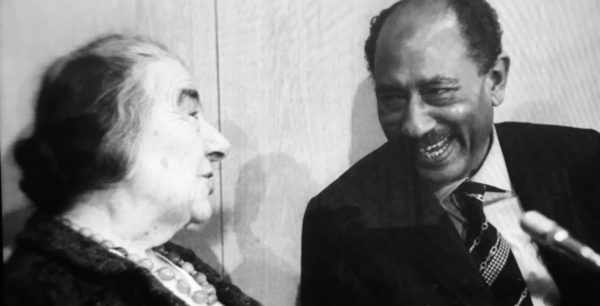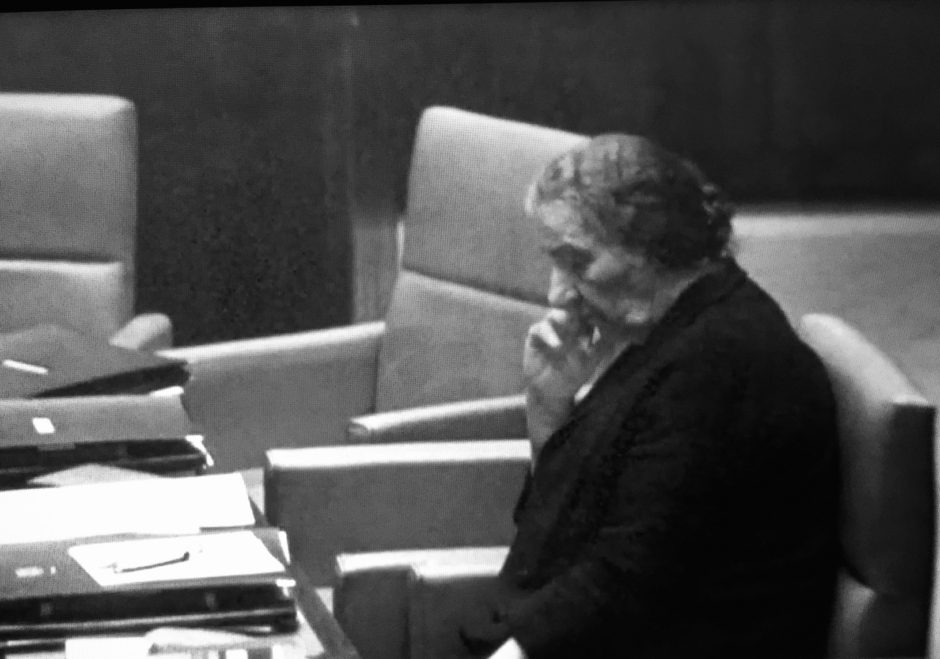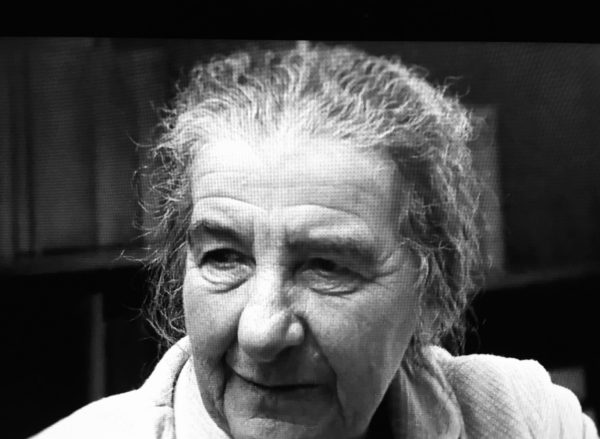
David Ben-Gurion, Israel’s first premier, once joked that Golda Meir was “the only man” in his cabinet.
Hard-working, persistent and outspoken, Golda was one tough lady who commanded respect. The only Israeli woman ever to be prime minister, she had sharp elbows and could not be pushed around. Forty one years after her death at 80, she is remembered as one of the builders of Israel.
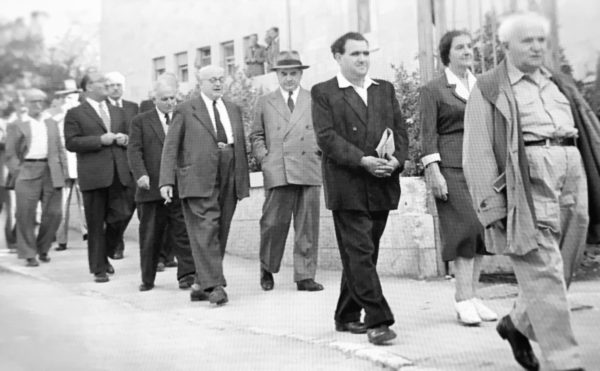
Golda, an engrossing documentary by Sagi Bornstein, Udi Nir and Shani Rozanes due to open at the Hot Docs Ted Rogers Cinema in Toronto on January 3, generally presents her in this light. Yet this is not a hagiographic film. Golda’s weaknesses and failures are examined as well. What emerges is a balanced picture of a Zionist pioneer who devoted herself body and soul to the Jewish nationalist movement, which laid the foundation for Israel’s establishment in 1948.
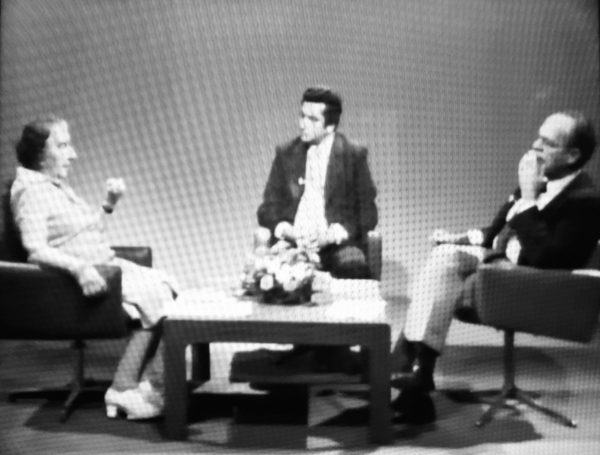
The movie is built around a televised interview two Israeli journalists conducted with Golda in Tel Aviv in May 1978, just seven months before her death. Strangely enough, they were all under the impression that the camera had stopped rolling, when in fact it was still on. Golda, smoking incessantly, was at ease and under no inhibitions. She offered no earth-shaking revelations, but appeared calm and candid.
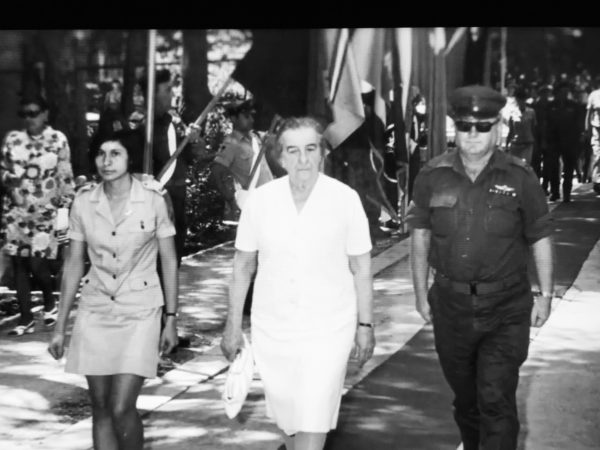
Golda was 71 when she succeeded her colleague, Levi Eskhol, as prime minister in 1969. It’s debatable whether she would have ascended to this position had Eskhol not succumbed to a fatal heart attack. An old warhorse, she had been a kibbutznik, a high-ranking Labor Party functionary before statehood, Israel’s first ambassador to the Soviet Union, the minister of labor and the minister of foreign affairs.
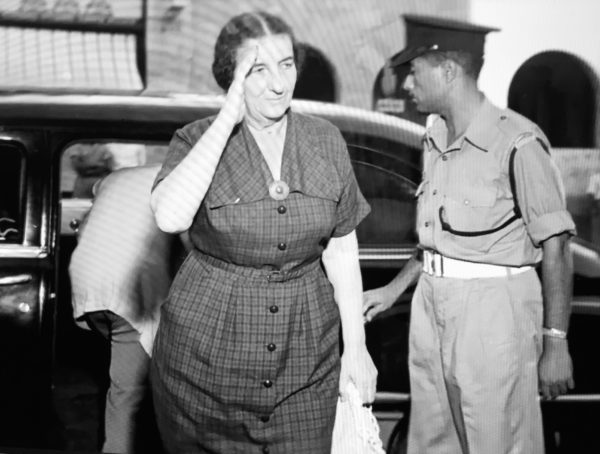
In one of her first observations, she admits she had no interest in becoming prime minister. She feared the crushing responsibility and was wary of the stress it would inflict on her. Golda’s children, however, convinced her to take the plunge.
Shortly after she was sworn in, Egypt officially launched the War of Attrition in the Sinai Peninsula, which Israel had captured from the Egyptians during the 1967 Six Day War. As the casualties mounted, Golda took it all quite personally. “There wasn’t a moment to enjoy life,” she says of her hectic schedule. “It was hard.”
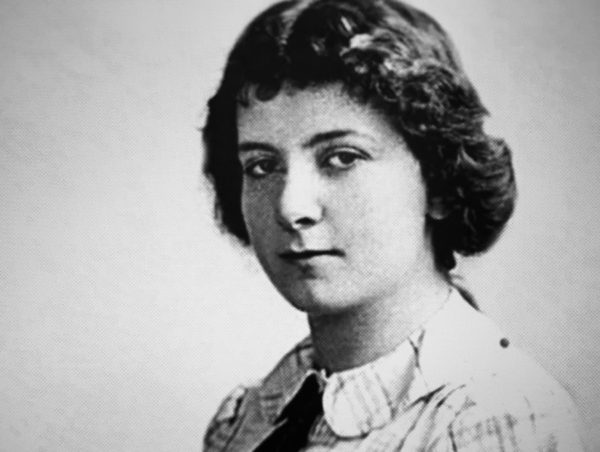
At this point, the film goes back in time. Golda, born in Kiev in 1898, does not recall a happy moment during her childhood. She and her family left the Ukraine for good in the early 20th century, bound for Milwaukee, where her father, a carpenter, had already found a job. Decades later, following a state visit to Washington for talks with President Richard Nixon, she revisited the classroom in the inner city school where she had studied.
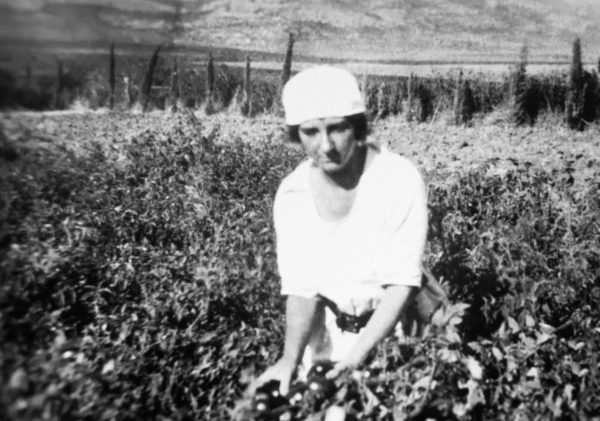
Golda is interspersed with the comments of people who worked with her or knew her personally. Among them are her spokesman, Meron Medzini, who says she could be warm yet also cold; Colette Avital, a former diplomat who claims Golda would have been regarded less seriously had she been pretty; Zvi Zamir, the former director of the Mossad who speaks highly of her capabilities; Uri Avnery, a left-wing journalist who disparages her rigid views of the Arab-Israeli conflict, and Clara, her sister, who says she lacked the empathy to put herself into the shoes of others.
Clara is referring to Golda’s cool response to Egypt’s acceptance of a 1970 U.S. ceasefire proposal to end the War of Attrition. Golda grudgingly accepted it after Nixon threatened to stop the delivery of American weapons to Israel.
Switching to Israeli domestic affairs, the journalists ask Golda a question about aliyah and the Black Panther protest movement. She cannot understand why Jews in the Diaspora do not immigrate to Israel in much greater numbers, and she condescendingly refuses to acknowledge that some Sephardi Jews experienced discrimination at the hands of some Ashkenazic Jews.
Turning to Israel’s occupation of the West Bank, the reporters ask her about that politically-charged issue. Fearing the demographic consequences, Golda says she does not want to annex the West Bank. But she thinks Jews have a right to live anywhere in the ancient Jewish heartland. This reasoning explains her decision to expand a Jewish outpost in Hebron in 1972 and to abide by the territorial status quo.
Golda was furious when the West German government rejected Israel’s request to send a team of commandos to Munich in the aftermath of the deaths of 11 Israeli athletes at the summer Olympic Games. Shortly afterward, in Operation Wrath of God, she authorized the assassination of Palestinian leaders in Europe who had organized the operation in Munich.
At this juncture, she felt old and exhausted, unable to keep up with the lightning pace of events, she says.
Returning to the topic of peaceful relations with Israel’s Arab neighbors, Golda claims she launched peace initiatives, but cannot name a single one. What is on the record is that Golda turned down a proposal from Egyptian President Anwar Sadat in 1971 for direct talks. Sadat offered Israel a peace treaty in exchange for a full Israeli withdrawal from the Sinai.
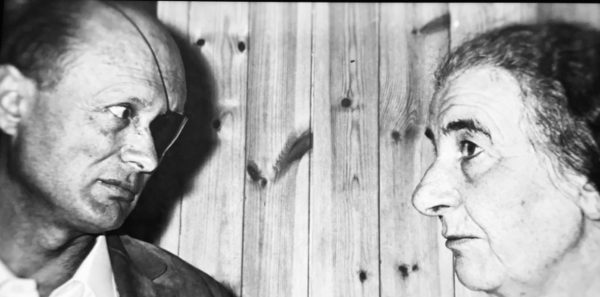
Golda believed that another war with Egypt was a possibility, but doubted whether Sadat could gain anything from it. She was shaken by the outbreak of the 1973 Yom Kippur War, as was Defence Minister Moshe Dayan, and concedes that Israel was not “ready” for it.
Israel’s losses were catastrophic, and Golda paid the price. “I’m at the end of the road,” she told her fellow ministers on April 10, 1974 before resigning.
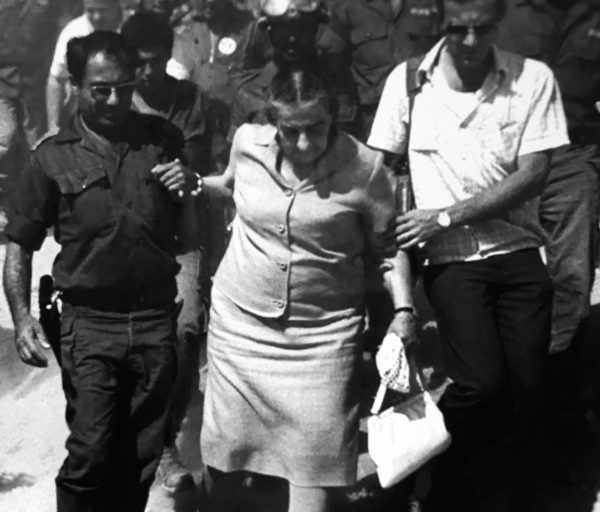
According to Avnery, she would have been hailed as a national heroine had she stepped down a year earlier or exploited the opportunity to make peace with Egypt after Sadat’s 1971 announcement.
Golda engaged Sadat in direct “talks” after he broke with the Arab consensus and visited Israel in November 1977. The former antagonists had a friendly, though brief, conversation in the Knesset, but this is as far as she ever got to making peace with the Arabs.
